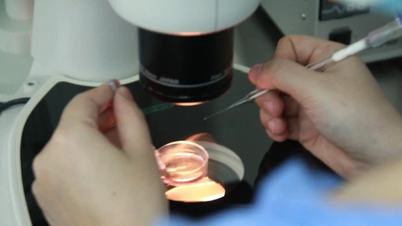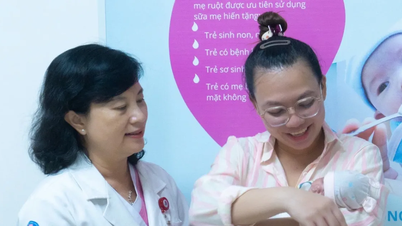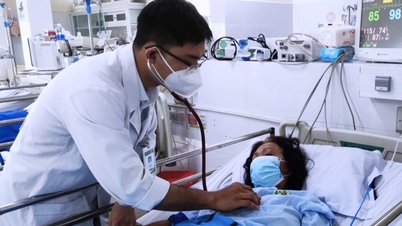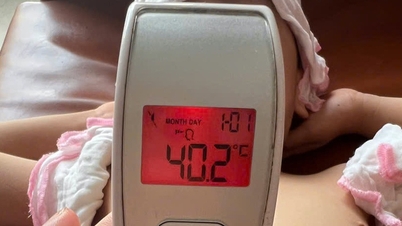I have a healthy 8 year old, but then had a miscarriage. I am now 37 and am preparing for my first embryo transfer.
Should I screen embryos to give birth to healthy children? In which cases can embryo screening be done? (P. Huong Linh, Hanoi )
Reply:
Preimplantation Genetic Testing or PGT is a genetic analysis technique before embryo transfer. Through testing, doctors can help couples choose good quality embryos in terms of genetics before they are transferred into the mother's uterus. This test helps avoid the risk of transferring abnormal embryos, improving the chance of having a healthy baby.
In your case, there are a number of factors that may consider pre-implantation screening. If there is a need for embryo screening, couples need to discuss with a specialist to get a comprehensive assessment of the indications for the procedure, and be fully advised on the benefits and risks of this method. It should not be done en masse.
There are three types of preimplantation genetic screening: PGT-M, PGT-SR, and PGT-A.
PGT-M is a diagnostic test for single-gene diseases. The doctor will determine if the embryo has a genetic disease inherited from parents carrying a mutated gene, such as Huntington's disease, cystic fibrosis, Thalassemia, Duchenne muscular dystrophy, congenital adrenal hyperplasia, etc.
PGT-SR screening test helps couples have normal pregnancies without abnormalities due to chromosomal structural abnormalities.
PGT-A is a preimplantation genetic test that helps avoid the risk of transferring abnormal embryos with aneuploidy and chromosomal abnormalities, improving the ability to give birth to a healthy baby.

Doctor Le Thuy examines and consults a customer. Photo: IVFTA
Preimplantation genetic screening PGT-M or PGT-SR is indicated for couples with genetic abnormalities (carrying disease genes or having chromosomal abnormalities). PGT-A is often indicated for couples with the mother's age of 35 years or older; a history of multiple miscarriages/retirements (especially cases of 2 or more consecutive miscarriages); a history of multiple implantation failures; severe male infertility; a history of pregnancy or birth defects and wanting to have a healthy next child.
Currently, the new gene sequencing technology NGS has been deployed at Tam Anh General Hospital in Hanoi. This method can detect abnormalities down to the smallest chromosome segment. Accordingly, doctors will select embryos of good genetic quality, increase the live birth rate, reduce the risk of miscarriage, and minimize the rate of children born with genetic defects.
It should be noted that PGT screening can only screen for genetic abnormalities within the specific testing range, but cannot completely rule out genetic abnormalities that may be found in the embryo. Therefore, with IVF pregnancies that have undergone embryo screening, the pregnant woman must still undergo routine prenatal testing.
Doctor Nguyen Le Thuy
Center for Reproductive Support, Tam Anh General Hospital Hanoi
Source link



![[Photo] Binh Trieu 1 Bridge has been completed, raised by 1.1m, and will open to traffic at the end of November.](https://vphoto.vietnam.vn/thumb/1200x675/vietnam/resource/IMAGE/2025/10/2/a6549e2a3b5848a1ba76a1ded6141fae)




































































































Comment (0)